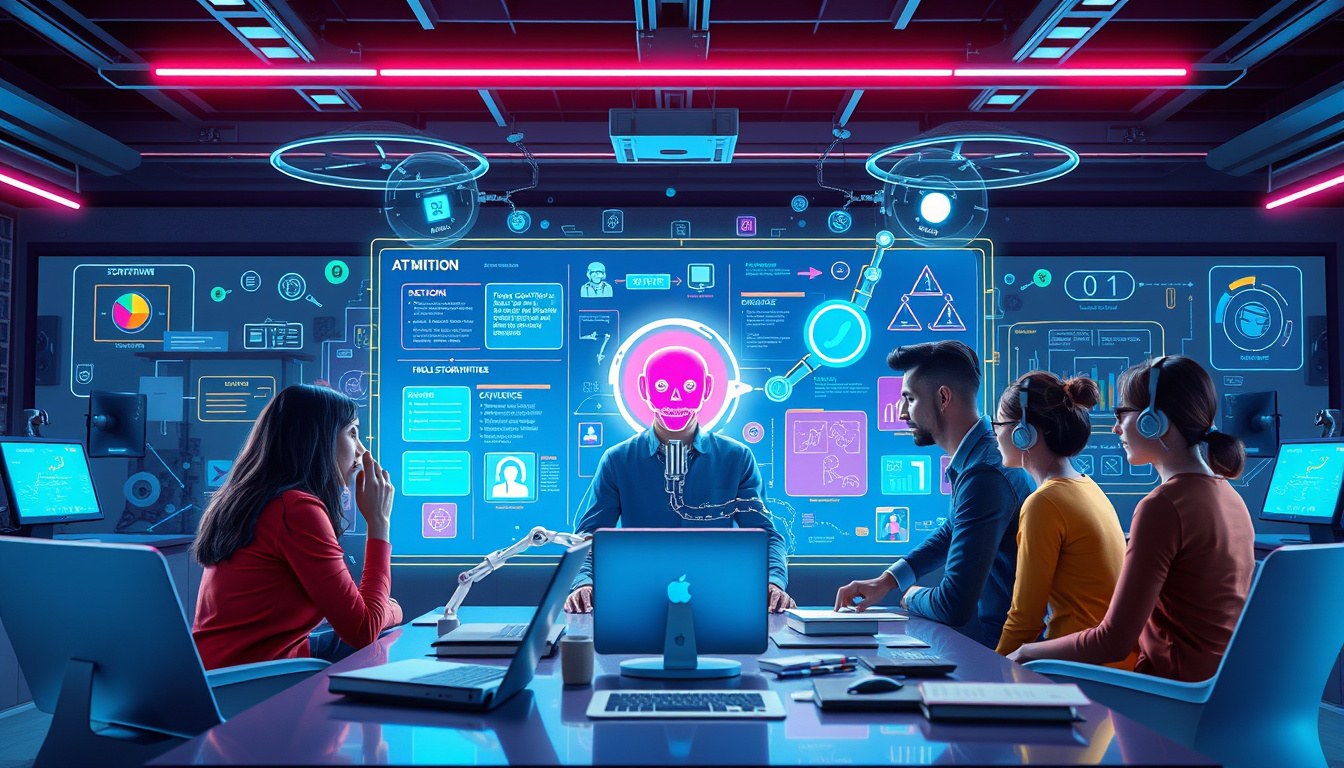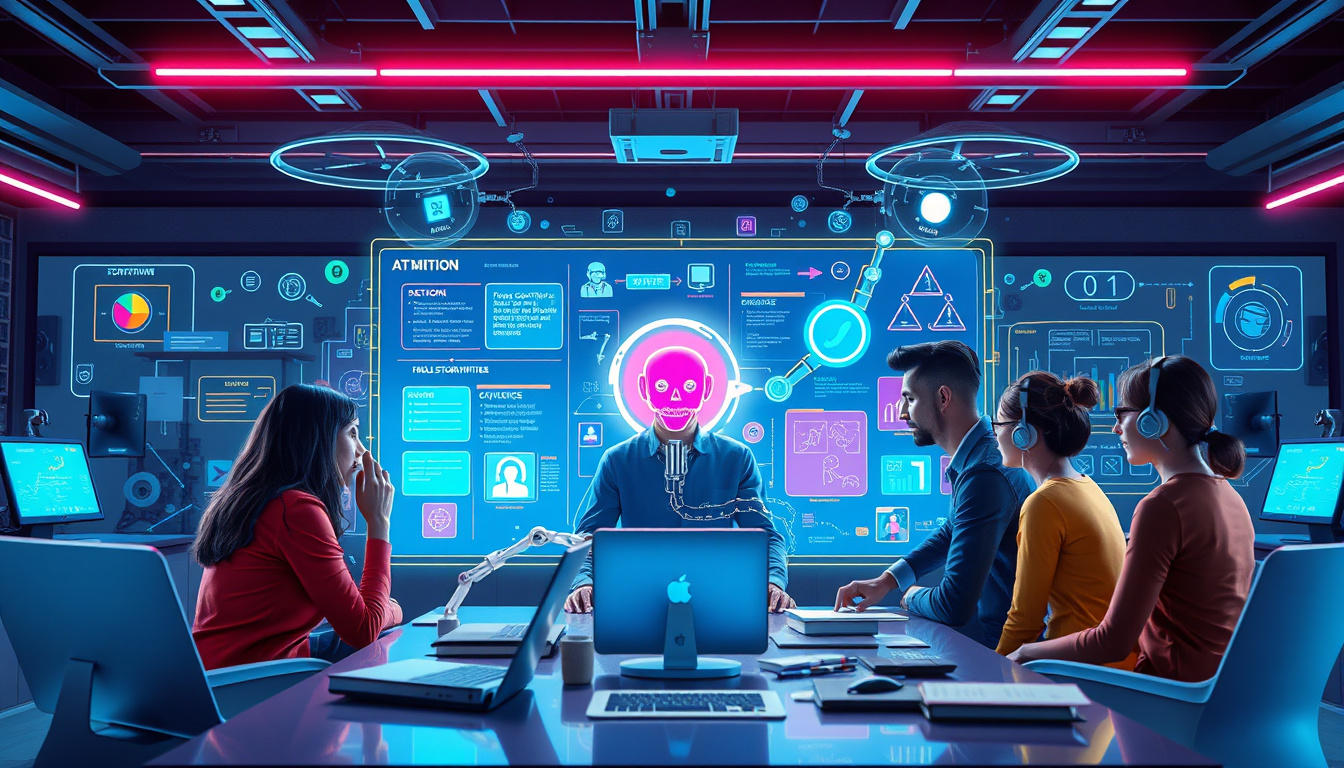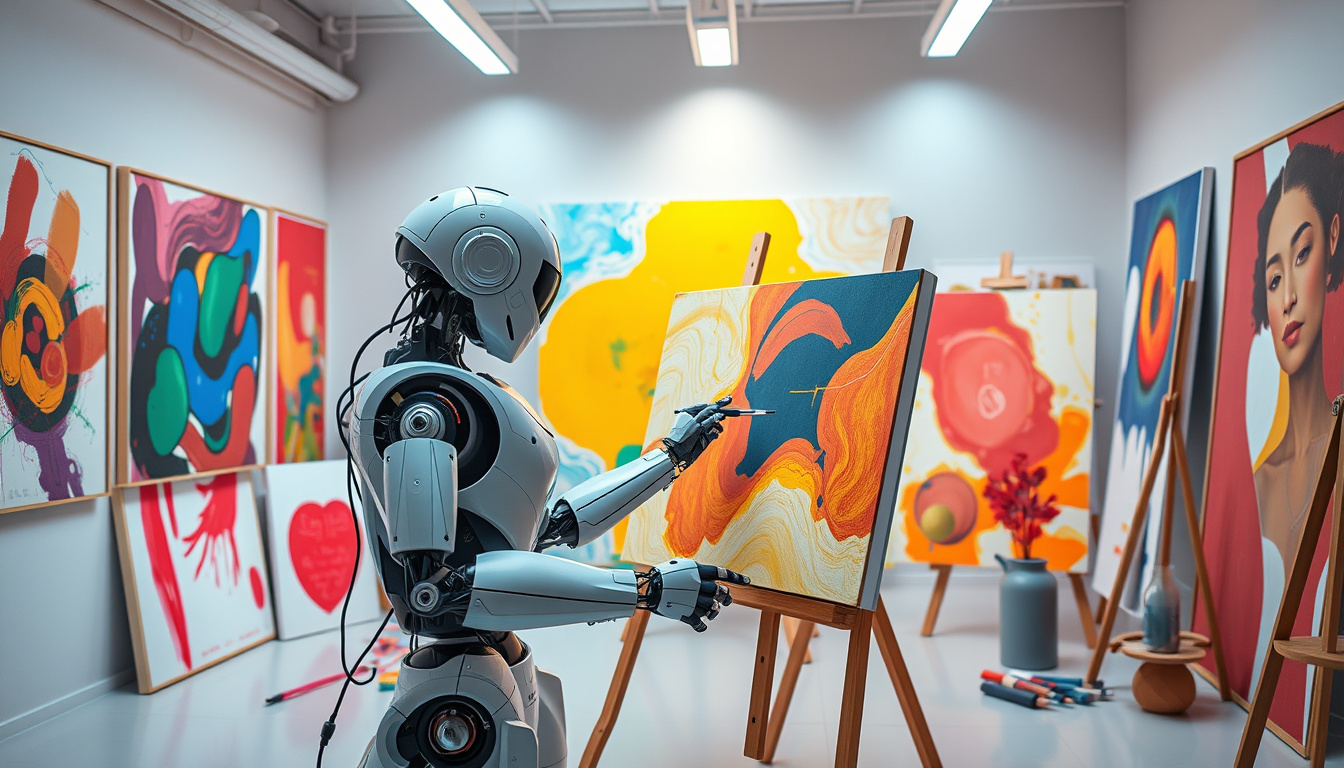
In an age where technology continuously reshapes our creative landscapes, the realm of screenwriting is not left untouched.
The advent of machine learning in screenwriting has brought about a transformative approach to storytelling, allowing writers to harness the power of data and algorithms to enhance their craft.
As we delve into this fascinating intersection of creativity and technology, we’ll explore how machine learning aids in the creative process, the tools that are revolutionizing the writing experience, and the implications this has for the future of screenwriting.
Join us as we unlock the potential of machine learning in screenwriting and discover what it means for aspiring writers and the industry as a whole.
Get Professional Screenplay Coverage in Minutes, Not Weeks!

Key Takeaways
- Machine learning is transforming screenwriting by providing valuable insights through data analysis.
- Innovative tools and software powered by machine learning assist screenwriters in brainstorming and structuring their narratives.
- Several successful films have incorporated machine learning in their writing processes, proving its effectiveness.
- The use of AI in creative writing raises important ethical questions regarding originality and authorship.
- Future trends suggest that machine learning will continue to evolve, further influencing the art of screenwriting.
Introduction to Machine Learning in Screenwriting
In recent years, the film industry has begun to embrace innovative technologies, and one of the most exciting developments is the use of machine learning in screenwriting.
Machine learning, a subset of artificial intelligence, provides writers with tools that can analyze vast amounts of data to predict successful narrative structures and character developments.
This technology enables screenwriters to develop more engaging scripts by offering insights based on trends and audience preferences.
By integrating machine learning in screenwriting, creators can refine their storytelling techniques, enhance character arcs, and even generate original ideas, pushing the boundaries of traditional filmmaking into a new era of creativity and innovation.
The Role of Data Analysis in Creative Writing
In recent years, the integration of machine learning in screenwriting has revolutionized the creative process, offering writers innovative tools to enhance their storytelling capabilities.
By analyzing vast datasets, machine learning algorithms can identify trends, character archetypes, and plot structures that resonate with audiences.
This data-driven approach allows screenwriters to craft more compelling narratives, as they can better understand what engages viewers and drives box office success.
Furthermore, machine learning algorithms can provide insights into dialogue authenticity and pacing, enabling writers to fine-tune their scripts based on audience preferences.
As the landscape of screenwriting continues to evolve, embracing machine learning not only streamlines the writing process but also empowers writers to push the boundaries of creativity, ensuring their stories captivate and resonate in an ever-competitive entertainment industry.
‘Creativity is intelligence having fun.’ – Albert Einstein
Get Professional Screenplay Coverage in Minutes, Not Weeks!

Tools and Software: How Machine Learning Aids Screenwriters
In recent years, the realm of screenwriting has been revolutionized by the integration of technology, particularly through the utilization of machine learning in screenwriting.
This innovative approach streamlines the writing process, enhances creativity, and offers invaluable insights that were once the exclusive domain of seasoned screenwriters.
Various tools and software powered by machine learning analyze script structures, suggest plot developments, and even assist in generating dialogue that resonates with audiences.
For instance, applications like ScriptBook employ algorithms to predict a screenplay’s success by examining existing films, thereby providing writers with feedback on elements such as character development and story pacing.
Furthermore, platforms like Plotagon and AIVA utilize machine learning to generate immersive content, helping writers visualize their narratives and compositions in real-time.
By harnessing the benefits of machine learning, screenwriters can not only refine their storytelling craft but also stay ahead in an increasingly competitive industry.
Case Studies: Successful Films Using Machine Learning
As the film industry continues to evolve, the application of machine learning in screenwriting has gained significant attention.
Various case studies illustrate how filmmakers successfully leverage machine learning tools to enhance creativity and streamline the writing process.
For instance, one notable example is the creation of the short film ‘Sunspring,’ which was entirely authored by an artificial intelligence program.
The algorithm, trained on hundreds of screenplays, not only generated a compelling narrative but also highlighted the potential of machine learning to produce unique storylines.
Furthermore, companies like ScriptBook are using machine learning to analyze scripts and predict box office success, providing writers with valuable insights on character development and narrative structure.
This integration of technology not only aids in crafting engaging scripts but also serves as a robust tool for screenwriters looking to navigate the complex landscape of Hollywood, ensuring their work resonates with audiences in a data-driven environment.

The Ethical Implications of AI in Creative Industries
The rise of machine learning in screenwriting has sparked a thought-provoking discussion about the ethical implications of artificial intelligence in creative industries.
As algorithms are increasingly being utilized to analyze successful scripts and generate new story ideas, concerns arise about originality, authorship, and the role of human creativity.
On one hand, proponents argue that machine learning can enhance creativity by providing writers with innovative plot structures and character developments, thus acting as a collaborative partner rather than a replacement.
On the other hand, critics warn that reliance on AI-generated content may dilute the human touch that embodies storytelling, potentially leading to formulaic narratives that prioritize market trends over artistic expression.
As screenwriters navigate this evolving landscape, it becomes crucial to establish ethical guidelines to ensure that machine learning tools augment rather than undermine the art of storytelling.
Future Trends: Machine Learning’s Evolving Impact on Screenwriting
As the landscape of storytelling adapts to technological advancements, the role of machine learning in screenwriting is becoming increasingly significant.
This emerging trend is transforming how scripts are developed, offering writers powerful tools that can enhance creativity and streamline the writing process.
For instance, machine learning algorithms can analyze vast amounts of script data, identify successful narrative structures, and suggest elements that resonate with audiences.
Additionally, predictive analytics can help screenwriters understand market trends and viewer preferences, allowing them to craft stories that align with current demands.
As machine learning in screenwriting continues to evolve, we may witness a future where human creativity is augmented by AI-driven insights, blending traditional narrative techniques with innovative storytelling possibilities.






